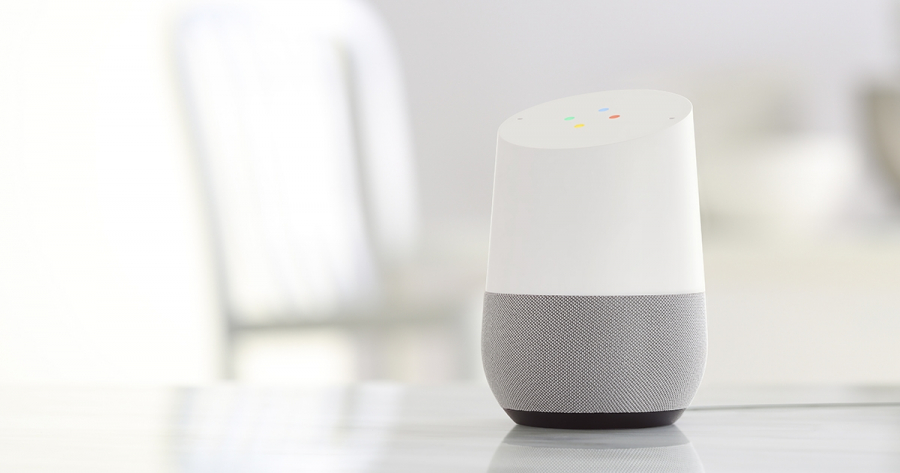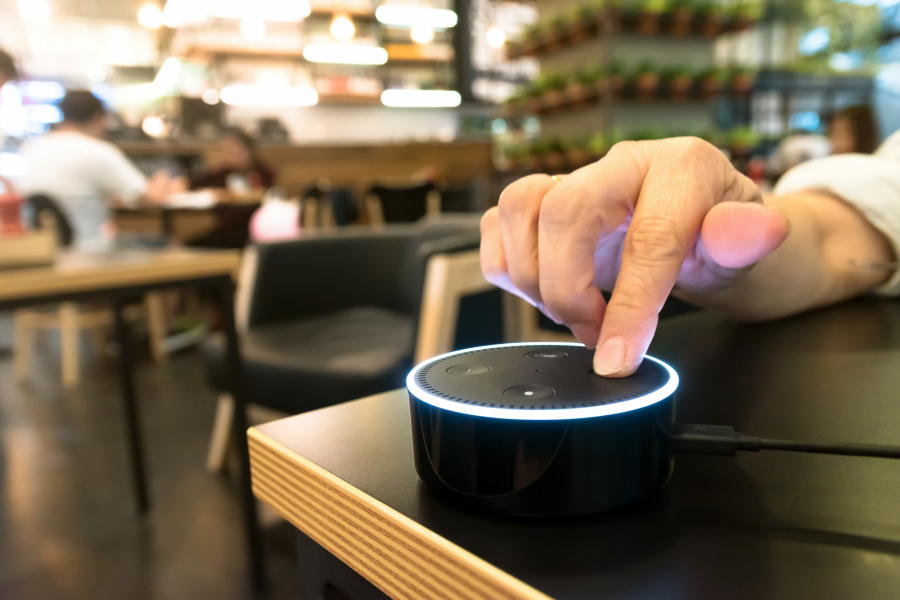Last week news of a mysterious patent filing on Facebook's
Citing sources from the 'upstream supply chain', Chinese iPhone manufacturer Pegatron is building the device for a Q1 2018 launch, with a small pilot run having already been produced. It's said to have been designed by Facebook secretive new hardware lab Building 8, using an LG in-cell touch screen with magnesium-aluminum-alloy chassis.
Apparently, the new device will include a phone, GPS, microphone, speaker, and touch display. It has been described as a "plug-and-play smartphone" of sorts, similar to Google's

The most intriguing part is the fact that it can be updated and altered in parts rather than having to replace the whole thing.
From the patent Facebook filed:
Typically, the hardware components included in the consumer electronics that are considered 'outdated' are still useable. However, the hardware components can no longer be re-used since consumer electronics are designed as closed systems. From a consumer prospective, the life cycle of conventional consumer electronics is expensive and wasteful.
The implications of Facebook's foray into this space are endless. Firstly, the social media giant has never actually produced a tangible product to be sold on the market. Not only would such a move pose an incredibly big risk due to high marketing and development costs in order to one-up competitors who have already made their mark like Amazon, but it would also alter the brand image in a way that could be received negatively by Facebook users. There are possibilities of people labelling Facebook a 'sell-out' that is straying from its purpose if the product isn't as useful and efficient as anticipated.

On the other hand, if the modular device turns out to be a success, it would serve as a whole new revenue stream for Facebook that it could then use to diversify the tech space. Moreover, the company could also profit with ad revenue from ads that could be displayed on the screen of the device throughout the day. Most importantly, such a device could, instead of shifting attention away from the flagship Facebook website, actually concentrate the focus there by serving as a one-stop platform for Facebook messaging and browsing, endowing the network with the cohesion it needs to control user activities.
However, like all other companies looking to journey into a new venture, Facebook must proceed with the utmost caution. In 2013, Facebook worked with HTC (TPE: 2498) to develop the 'Facebook Home' app, which attempted to integrate Facebook into the mainframe of a phone's operating system. The attempt failed and the app has long since vanished from devices around the world. One can only hope that this is not the case with the upcoming modular device, and it may well still prove to be a success if Facebook plays its cards right.
- https://futurism.com/facebook-just-filed-a-patent-for-a-modular-consumer-device/
- https://techcrunch.com/2017/07/25/facebook-speaker/
- http://www.telegraph.co.uk/technology/2017/07/21/facebook-phone-curious-patent-reveals-blueprint-modular-device/
- http://www.businessinsider.com/facebook-amazon-echo-smart-speaker-competitor-2018-2017-7













